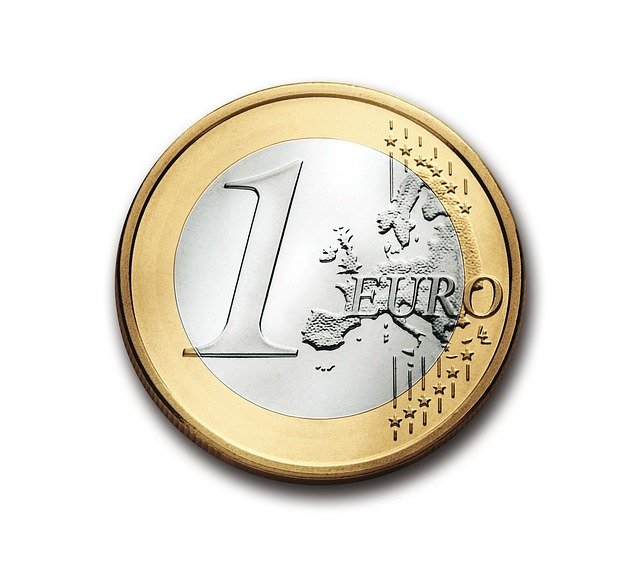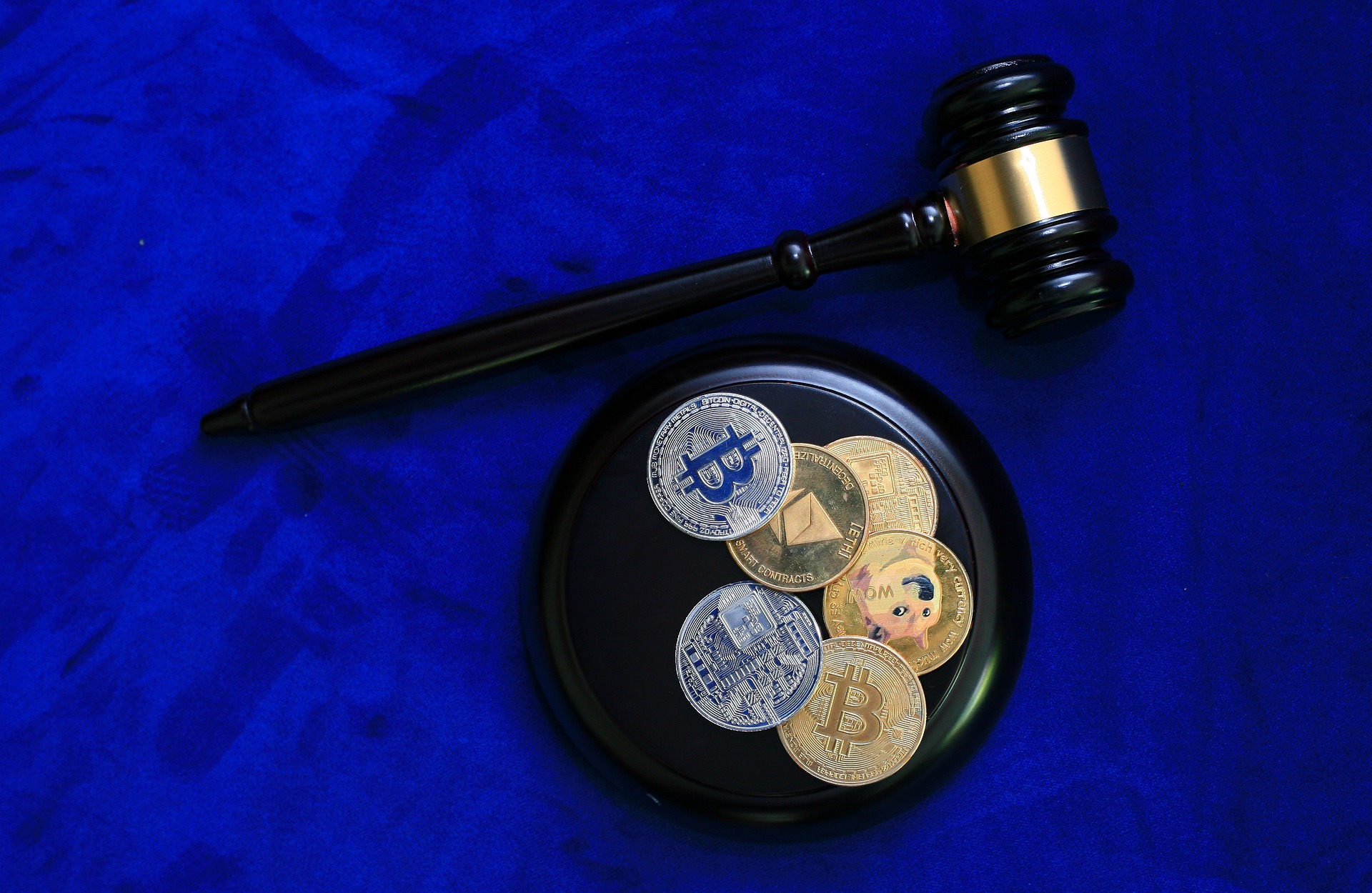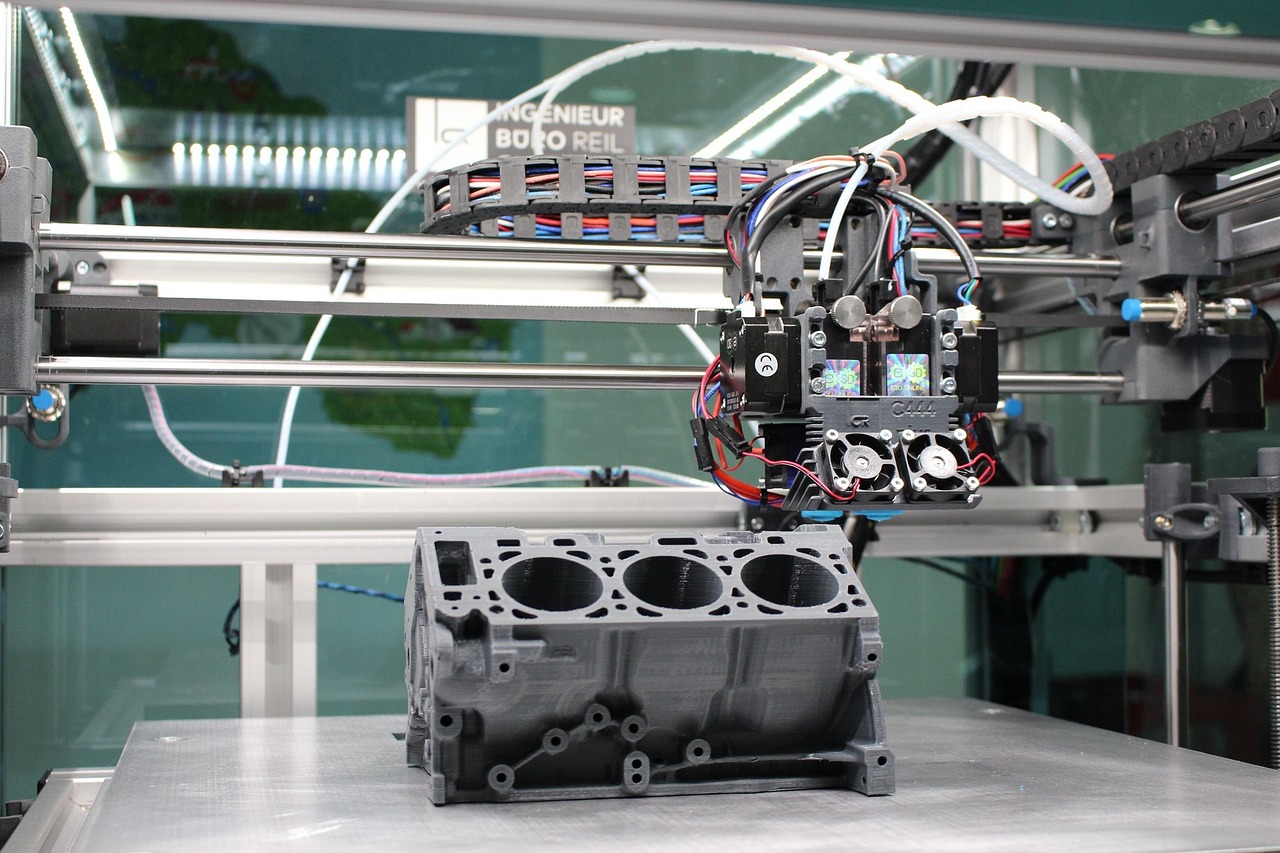Decoding the Rise of Personal Branding in a Social Media Age
We live in an era where every individual possesses the potential to be a micro-celebrity, thanks to the proliferation of social media platforms. Personal branding, once a marketing strategy reserved for celebrities and high-profile business leaders, is now becoming a mainstream cultural phenomenon. Read below to delve into the evolution of personal branding and how it's shaping our social fabric.

The Genesis of Personal Branding
Personal branding is not a new concept. It dates back to the Renaissance era when artists like Leonardo da Vinci started to distinguish themselves not just by their work, but by their personas. Over the centuries, the concept evolved and found its way into the corporate world, where industry leaders started to create personal brands to establish a distinct identity and build trust with their audience.
The Social Media Catalyst
The advent of social media platforms like Facebook, Instagram, and LinkedIn has democratized personal branding. Today, everyone has a digital platform at their disposal to showcase their skills, express their opinions, and build a virtual persona. Social media has effectively blurred the line between personal and professional life, necessitating the need for individuals to manage their online reputation meticulously.
The Societal Implications of Personal Branding
Personal branding, while providing opportunities for individuals to express their uniqueness, also has significant societal implications. It has engendered a culture of self-promotion and constant visibility, leading to an increase in narcissistic behaviors. While self-expression is an essential aspect of personal branding, the pressure to maintain an ideal online persona can lead to mental health issues, impacting an individual’s real-life relationships and self-esteem.
The Role of Personal Branding in the Gig Economy
With the emergence of the gig economy and the increasing importance of personal branding, the lines between personal and professional identities are becoming more blurred. As more people work independently and rely on their reputation to secure work, the importance of personal branding becomes more apparent. It allows individuals to differentiate themselves in a crowded marketplace and establish trust with potential clients or employers.
Personal Branding: A Double-Edged Sword
Personal branding is a powerful tool in the digital age, enabling individuals to reach a global audience and open doors to new opportunities. However, it is also a double-edged sword that demands constant maintenance and can lead to a culture of narcissism and self-promotion. Therefore, it’s essential to strike a balance between showcasing one’s skills and maintaining authenticity, while also considering the impact of our digital persona on our mental health and real-life relationships.
In an era where personal and professional lives are increasingly intertwined, personal branding is here to stay. As we navigate this new cultural phenomenon, it’s crucial to understand its implications and adapt accordingly. It’s not just about getting likes or followers; it’s about responsibly managing our digital identity and understanding the social consequences of our online behavior.




